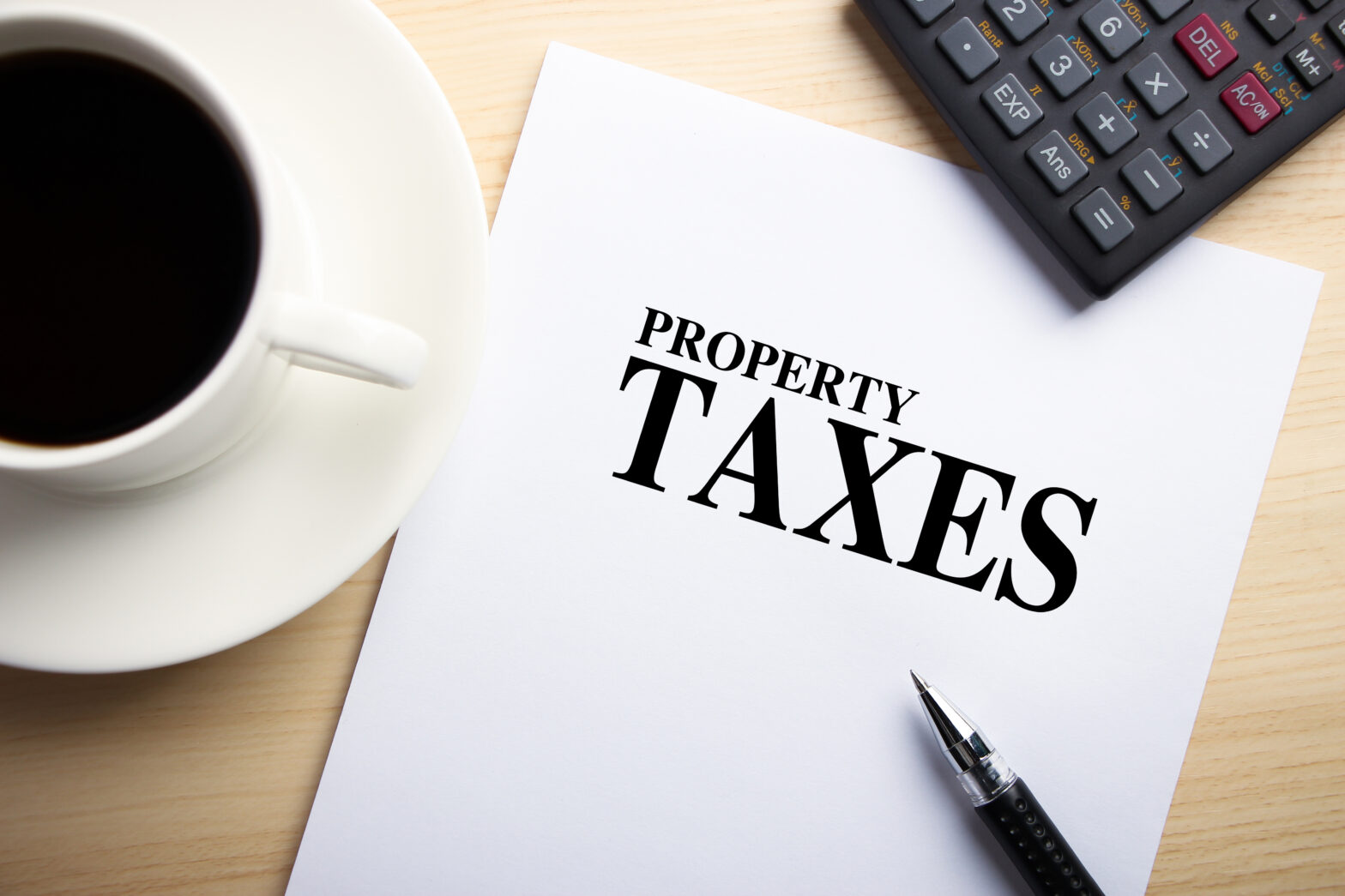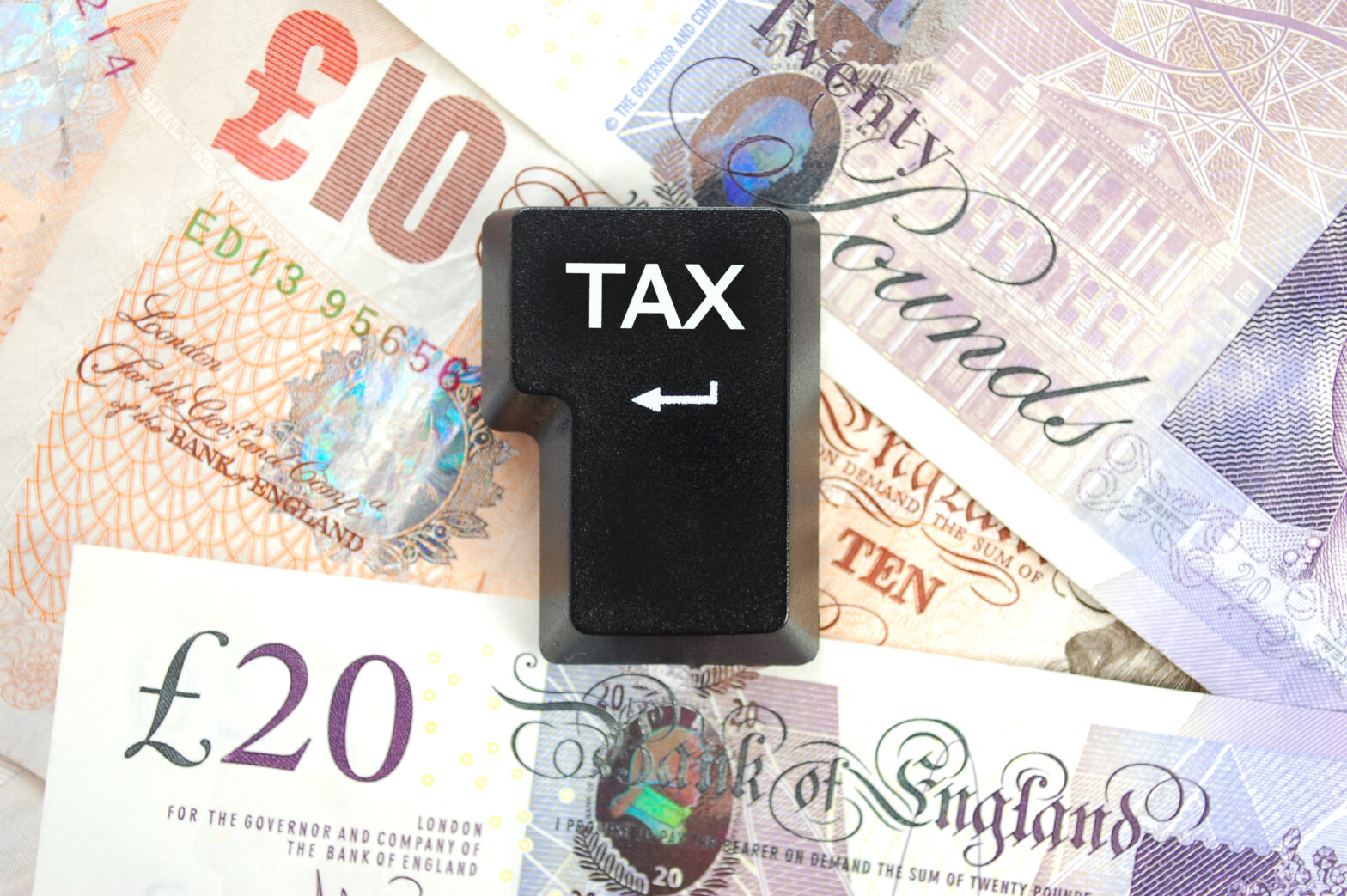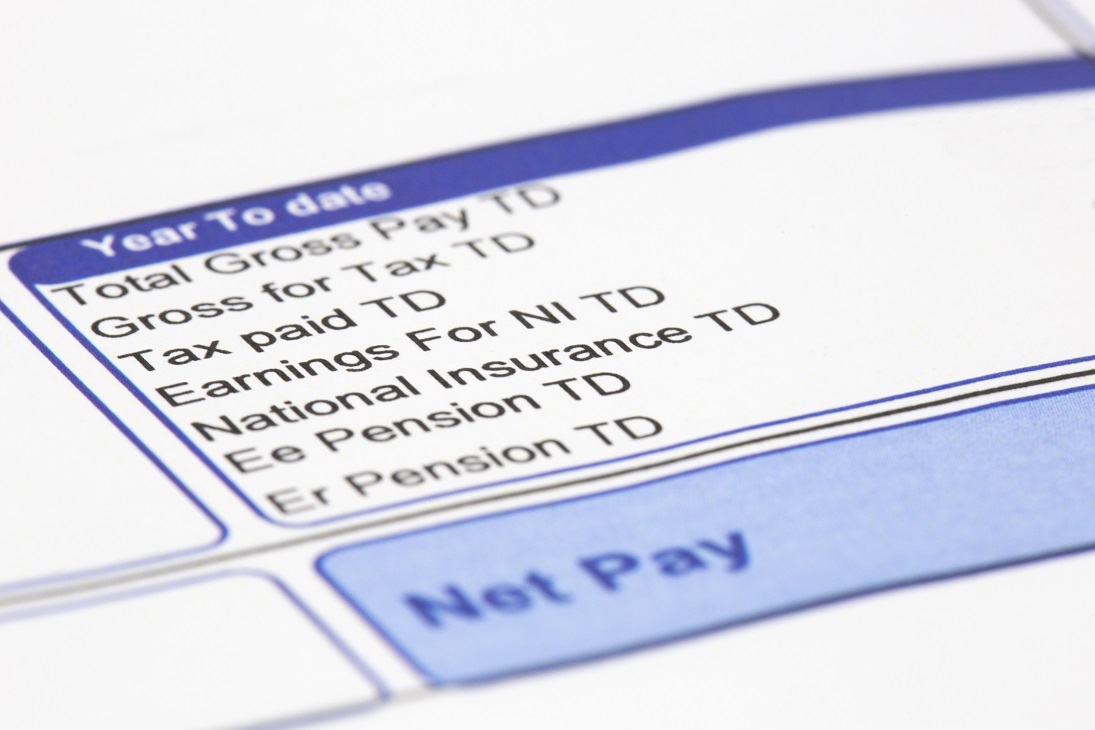Small businesses who own a property need to carefully consider a new round of tax changes which might affect their business, as Tricia Halliday, tax director at chartered accountants, Martin Aitken & Co Limited, explains.
There has been a number of changes introduced recently, which provide another reminder that the tax benefits from property investments will not be as good in coming years.
One of the key attractions of investing in property, as opposed to other assets, is that the interest on borrowings to buy property is tax-deductible against the income generated. However, from April 2017 this became restricted.
The outcome of this will be most keenly felt by some landlords who may well find they will move from being a basic rate tax payer to a higher rate tax payer.
Over the next four years, for individual investors, HMRC will phase in a reduction in the rate of tax relief on interest to basic rate. For higher and additional rate taxpayers this could significantly increase their tax bill on buy-to-let investments – currently interest often offsets a large part of the rental income.
Full relief continues to be available for companies, which, on the face of it, may make potential incorporation of property businesses more attractive. The corporation tax rate is broadly similar to the basic rate of income tax, but is scheduled to fall in the coming years.
ATED & SDLT reliefs extended
The reliefs available from the Annual Tax on Enveloped Dwellings (ATED) and 15 per cent rate of SDLT were extended last year to include equity release schemes, property development activities and properties occupied by employees.
Taxation of profits and gains
Individuals continue to be taxed on the annual profit arising from the investment properties, at their marginal rate of tax (potentially 45 per cent). Companies, on the other hand, pay tax on profits and gains at 19 per cent (reducing to 17 per cent in 2020). Individuals only suffer income tax to the extent that the profits are extracted from the company.
The reduction of the Capital Gains Tax rate from 18 per cent/28 per cent to ten per cent/20 per cent does not apply to disposals of residential properties.
Wear and tear allowance replaced
The ten per cent wear and tear allowance for furnished lettings was abolished and replaced in April 2016 with a new relief that allows the actual costs of replacing furnishings to be deducted. In practice, this relief is worth less than the previous allowance and the landlord has now got to spend the money before it can be reclaimed.
Moving home, investing in a 2nd property or purchasing a holiday home?
Stamp Duty & Land Tax (SDLT) was replaced in Scotland by a new Land & Buildings Transaction Tax (LBTT) in 2016.
In Scotland, the applicable LBTT rate, and an additional three per cent, is due on the total price for relevant additional residential purchases over £40,000. There is no tax to pay on properties below £145,000.
In England & Wales, an extra three per cent Stamp Duty Land Tax (SDLT) applies to purchases of additional residential properties. It is also expected that from April 2018 the filing and payment window will be reduced from 30 days to 14 days.
The additional LBTT/SDLT on second homes and buy-to-lets may mean that exit routes in terms of selling unwanted rental properties could be restricted.
Married couples, civil partners, parent & child, in fact any form of joint ownership will now be treated as single units, meaning that the higher rate will apply if just one of the co-owners already owns another property.
Tricia Halliday is tax director at chartered accountants, Martin Aitken & Co Limited





